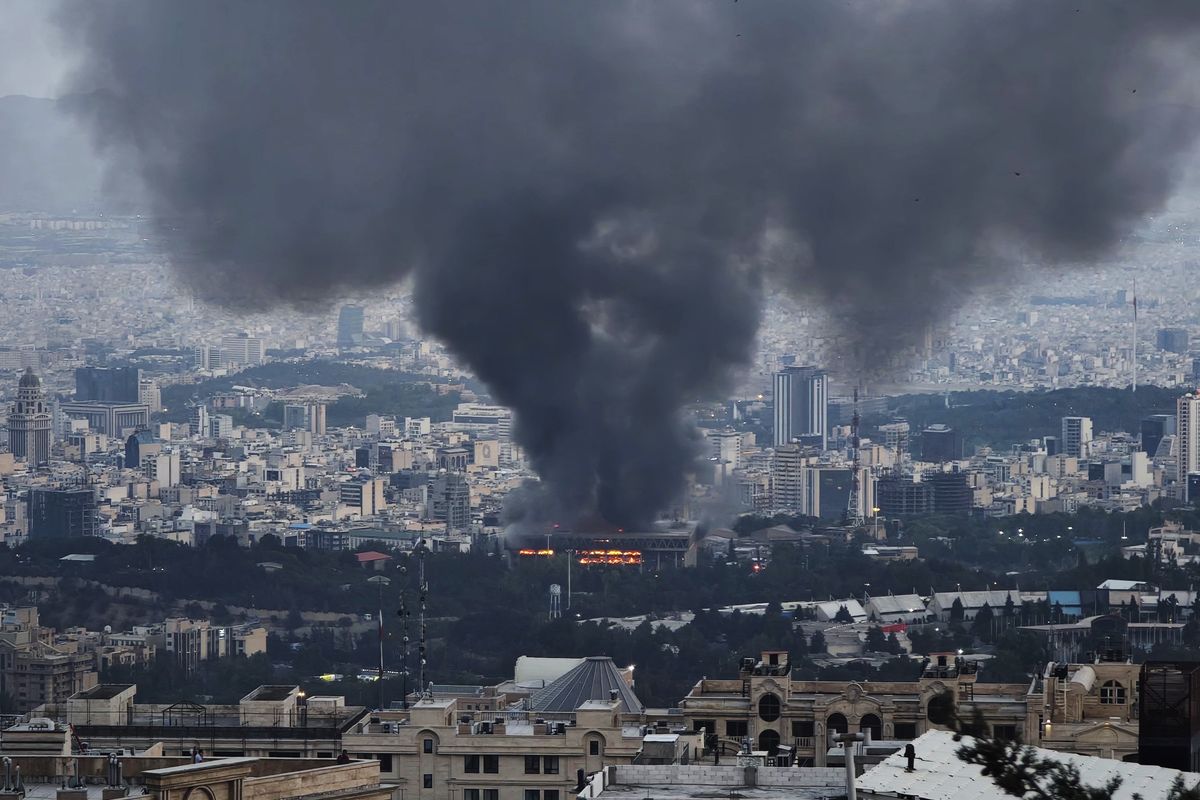Born from the territorial splitting of British India in 1947, India–Pakistan relations have been historically beset by disagreements, pressure, and conflict over the status of Kashmir on India’s north-western border but also issues of regional pre-eminence. With the dispute over Kashmir leading to direct war between the two sides in 1947–8, 1965, and 1999 (all won by India), conflict has become a key touchstone in their relations, in what many observers see as the world’s most intractable conflict. War though has not been the sole negative interaction between the two sides. From 1989 onwards, an insurgency has beleaguered Kashmir and entrenched this territorial issue as essentially ideological and non-negotiable. More recently, this contestation has morphed further to embrace the use of terrorism by Islamabad as a means to destabilize New Delhi. The essential dynamics of the Kashmir dispute are now exhibited in incidences of insurgency and terrorism, with a Pakistan-terrorism nexus being a familiar feature within Indo-Pakistan relations.
Pakistan has supported separatist movements in Punjab from 1984 to 1992 (the aim of these separatists is to create an independent Sikh homeland) and in Assam in the 1980s. The Kashmir insurgency has also spilt over into other parts of India, with evidence of Pakistani, Kashmiri, and Afghan militancy in India’s northeast provinces. An assortment of terrorist acts has also been linked to Pakistan, dating from the coordinated bomb attacks on Mumbai in 1993 to the prolonged gun and bomb attacks, also on Mumbai, in November 2008. Such links have been validated by material, financial, and logistical backing from Pakistan’s intelligence service, the Inter-Services Intelligence (ISI), and have proved to be a persistent modus operandi from Pakistan’s elites. Pakistan has also been connected to the hijacking of Indian Airlines Flight 814 in December 1999 from Kathmandu, as well as the assault on the Indian parliament on December 13, 2001 and the funding of terrorism factions active in India (such as Lashkar-e-Toiba).
Such exportation of terrorism is aimed at destabilizing an increasingly strong (both militarily and economically) India and has been used in unison with other asymmetric measures, including attempts at flooding India with fake rupees and disrupting the stock market – both designed to significantly damage the Indian economy. In August 2012, Pakistan was blamed for sending thousands of texts that triggered the mass exodus of Assamese workers from India’s southern states – an exploit specifically envisioned to aggravate communal tensions within her neighbor. In these ways, unbalanced means are now regularly deployed within India-Pakistan relations, as a means for Islamabad to attempt to achieve parity in their strategic relations, despite New Delhi’s mounting military clout in conventional terms. Such relatively small-scale methods are also seemingly deployed with an inherent recognition that they will not lead to a nuclear response, which would not only be hugely disproportionate but also negate India’s great power ambitions.
As India continues to rise and as Pakistan continues to be beset by uncertainty over its political predilections, we can thus expect that terrorism will persist as a key dimension of Islamabad-New Delhi relations for some time to come. This may significantly affect stability in South Asia. As the latest manifestation of the enduring conflict between the region’s two largest entities, it personifies their inherent ideological / territorial splits that may just be too difficult to overcome.










